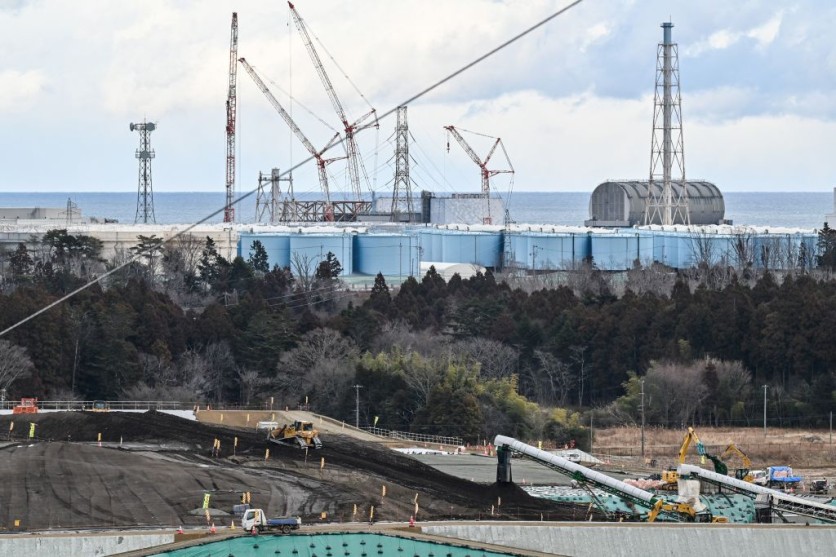Japan's decision to release the water waste from the Fukushima Daiichi nuclear power station into the Pacific Ocean has sparked both support and criticism.
The International Atomic Energy Agency (IAEA) has conducted a thorough safety review and deemed Japan's plan consistent with IAEA Safety Standards.

Minimal Radiological Impact
The IAEA's report, presented to Japanese Prime Minister Fumio Kishida by Director General Rafael Mariano Grossi, confirms that the discharges of the treated water will have a minimal radiological impact on both people and the environment.
The review process involved specialists from the IAEA and internationally recognized nuclear safety experts from eleven countries, ensuring a comprehensive assessment.
Director General Grossi emphasized the adherence to international safety standards and the controlled, gradual nature of the planned discharges.
The water stored at the Fukushima Daiichi nuclear power station has undergone treatment using the Advanced Liquid Processing System (ALPS) to remove most of the radioactivity, except for tritium. Before release, Japan will dilute the water to meet regulatory standards regarding tritium levels.
Why is Japan's Fukushima Water Release Controversial?
Critics and concerns have emerged regarding the presence of tritium in the treated water. Al Jazeera reports that while tritium is considered relatively harmless and poses a radiation hazard only in large doses, some scientists raise concerns about the long-term effects of low-dose exposure to radionuclides.
Transparency in sampling and monitoring of the release is also called for by those who support the plan but seek more information.
China, South Korea, and Pacific nations have opposed the plan. Beijing, in particular, has been vocal in its criticism and has called for suspending the release, dismissing the IAEA's report.
Pacific islands, already burdened by the legacy of nuclear weapons testing, express fear of additional contamination in the region.
Japanese fishing communities, which have made significant efforts to restore their means of living following the 2011 catastrophe, express concerns regarding the possible consequences on their industry and the subsequent effects on their local communities.
Read Also : Japan's Military Testing Elon Musk's Starlink Satellite Internet Service, Considering Future Adoption
Is it Safe to Release Fukushima Water Waste?
While the IAEA's interim evaluations have been positive, with the final report expected to confirm that the sampling, testing, and monitoring plans meet international requirements, the safety of releasing the Fukushima water waste remains a contentious issue.
The involvement of various stakeholders, continuous on-site presence, and live online monitoring by the IAEA during the discharge phase ensure that international safety standards are upheld throughout the long-term process.
Ultimately, the decision on whether it is safe to release the Fukushima water waste involves weighing the assessments of experts, addressing concerns, and considering the potential impacts on the environment and human health.
The release of the final report by the IAEA is anticipated to confirm that the water sampling, testing, and monitoring plans for the release meet international requirements.
Related Article : Majority of Artists in Japan Fear Being Replaced by AI

ⓒ 2026 TECHTIMES.com All rights reserved. Do not reproduce without permission.




